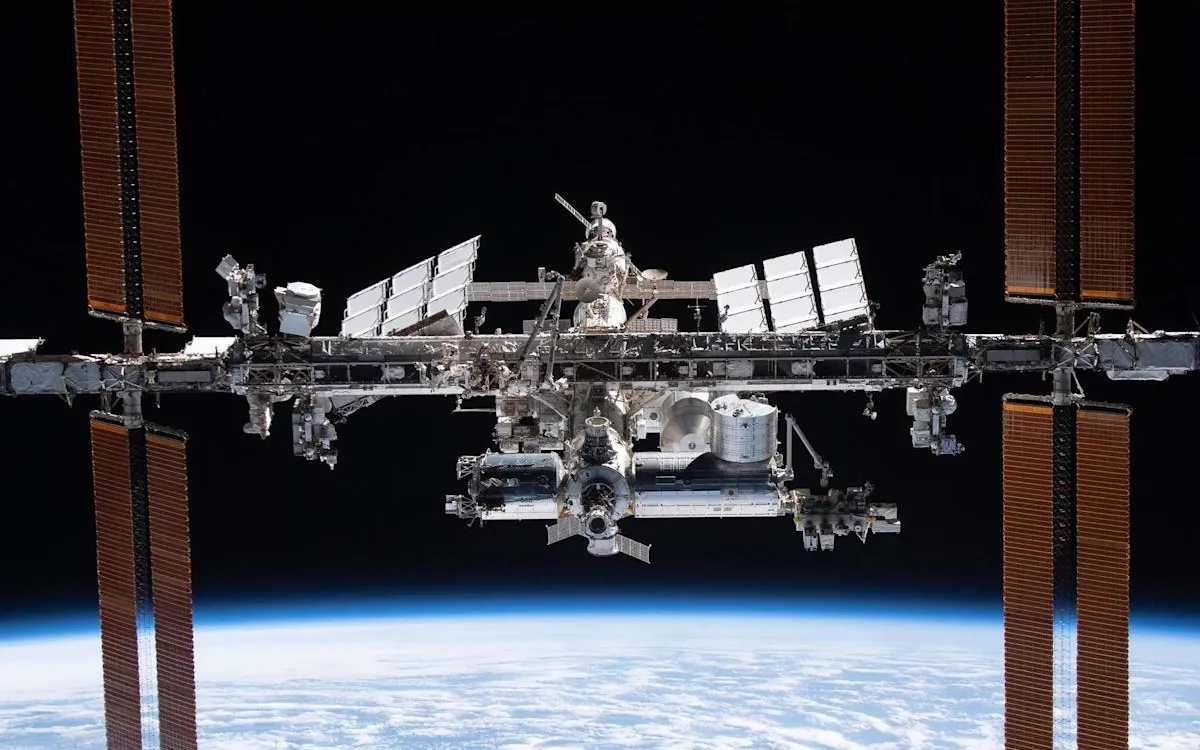
As scientists continue to explore the effects of extended space travel on the human body, recent research has revealed that astronauts may undergo significant physiological and psychological changes during their time in space. A groundbreaking study led by a team at the University of California San Diego has uncovered evidence of accelerated aging in human stem cells exposed to the unique conditions of space for approximately one month.
This pivotal research specifically focused on hematopoietic stem and progenitor cells (HSPCs), which play a crucial role in the formation of blood and immune cells. To conduct the study, stem cells were sent to the International Space Station (ISS) for durations ranging from 32 to 45 days, utilizing specially designed nanobioreactors that allowed for precise monitoring of the cells' conditions in space. A control group of stem cells remained on Earth at the Kennedy Space Center for comparison.
The results of the study indicated that the stem cells aboard the ISS exhibited a range of concerning changes. Notably, these cells showed reduced self-renewal capabilities, increased susceptibility to DNA damage, and heightened inflammation in their mitochondria. These findings underscore the potential risks associated with long-term exposure to the stressors of space, including microgravity and cosmic galactic radiation.
Encouragingly, the research team observed that the damage to the stem cells did not appear to be permanent. Once the cells were removed from the space environment, many of the alterations were at least partially reversed. This suggests that, while space travel poses significant challenges to human health, the body may have mechanisms to recover from some of the effects.
“Space is the ultimate stress test for the human body,” stated Catriona Jamieson, director of the UC San Diego Sanford Stem Cell Institute. “These findings are critically important because they demonstrate that the stressors of space can accelerate the molecular aging of blood stem cells.” Understanding these changes is crucial not only for the health and safety of astronauts during long-duration missions but also for advancing our knowledge of human aging and diseases such as cancer on Earth.
The findings from this study highlight the urgent need for ongoing research into the effects of space travel on human physiology. As we prepare for future missions beyond Earth, understanding how to protect astronauts' health during extended stays in space will be vital. Furthermore, the insights gained from this research could provide valuable information regarding the aging process and the development of treatments for age-related diseases here on our home planet.